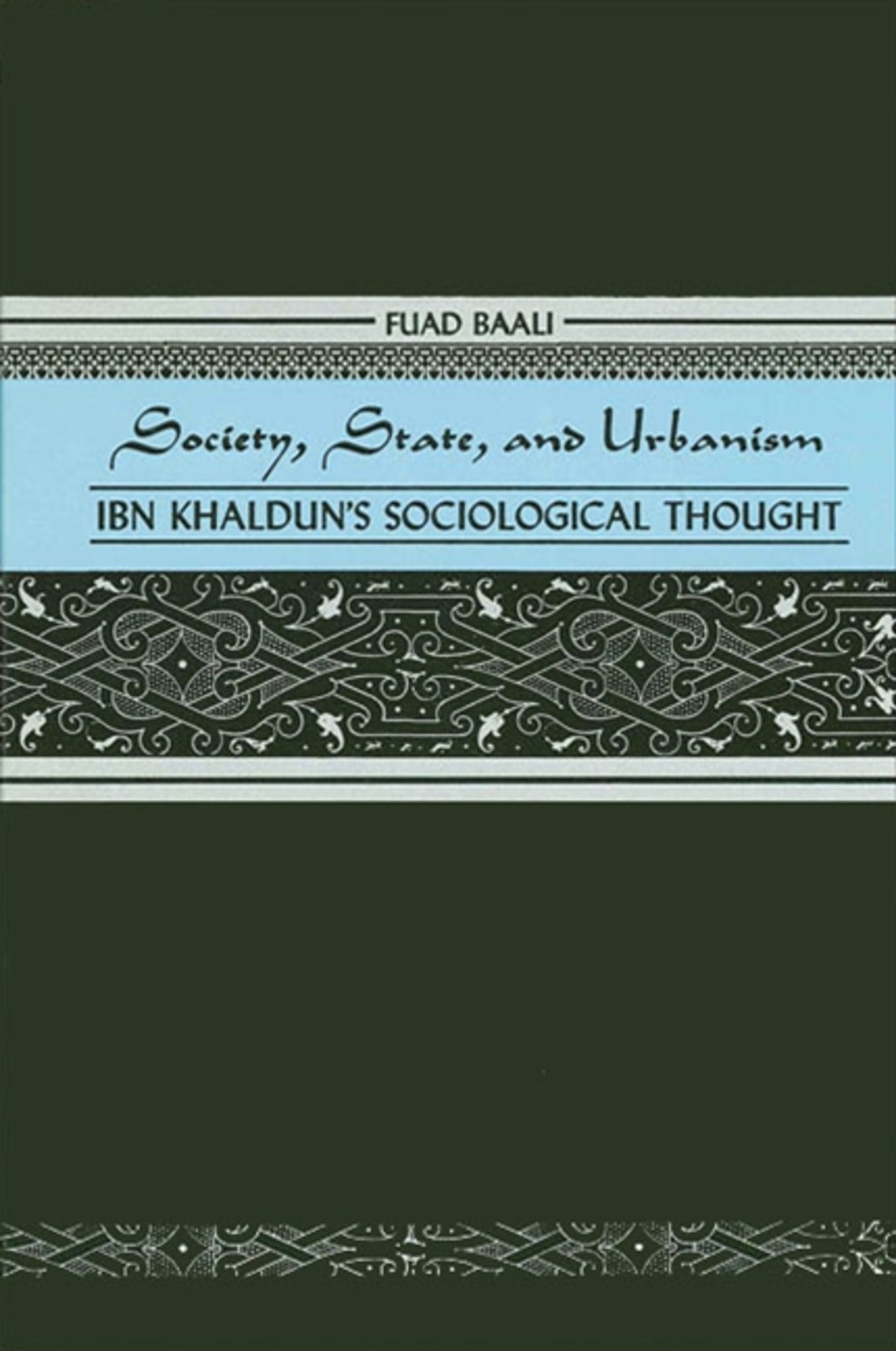We're sorry. An error has occurred
Please cancel or retry.
Society, State, and Urbanism

Some error occured while loading the Quick View. Please close the Quick View and try reloading the page.
Couldn't load pickup availability
- Format:
-
08 July 1988

This book probes the nature, scope, and methods of 'ilm al- 'umran, the new science of human social organization, as it is developed in Ibn Khaldun's 14th-century masterpiece, the Mugaddimah. It explores his ideas and observations on society, culture, socialization, social control, the state, asabiyah (social solidarity), history as a cyclical movement, urbanization, and the typology of badawa (primitive life) and hadara (civilized life or urbanism).
Through a comparative perspective, this study illustrates that Khaldun's ideas about society have conceptually preceded those of Machiavelli, Vico, and Turgot, as well as those of Montesqueau, Comte, Durkheim, Gumplowicz, Spengler, Tonnies, and even Marx. Society, State, and Urbanism demonstrates that Ibn Khaldun's thought is relevant to contemporary sociological theory, and that his very language differs little from that of classical and modern sociologists.


Ilm al- 'umran is "...an independent science. This science has its own peculiar object—that is, human civilization and social organization. The discussion of this topic is something new, extraordinary, and highly useful. Penetrating research has shown the way to it." — Ibn Khaldun
Preface
1. The Man and His Background
I. Ibn Khaldun's Life and Character
II. Ibn Khaldun's Work
2. The New Science: Ilm al-Umran
I. Ibn Khaldun's New Science
II. Ibn Khaldun and Comte: Convergencies and Divergencies
3. Society, Culture, and Socialization
I. Society: Sui generis
II. Culture
III. Socialization Process
IV. Social Control
4. Asabiyah (Social Solidarity)
5. The Rise and Decline of the State
Qualities of Rulership
Factors for the Decline of the State
Ibn Khaldun and Other Social Thinkers
6. The Cyclical Pattern: History as a Cycle
Ibn Khaldun and Other Social Thinkers
7. Urbanization and Urbanism as a Mode of Life
I. Urbanization
Requirements for Town Planning
Size and Density
II. Urbanism as a Way of Life
Ibn Khaldun and Other Writers
8. The Khaldunian Typology
I. Ibn Khaldun's Badawa and Hadara
II. Relation to Other Typologies
9. Summary and Conclusion
Notes
Bibliography
Index



